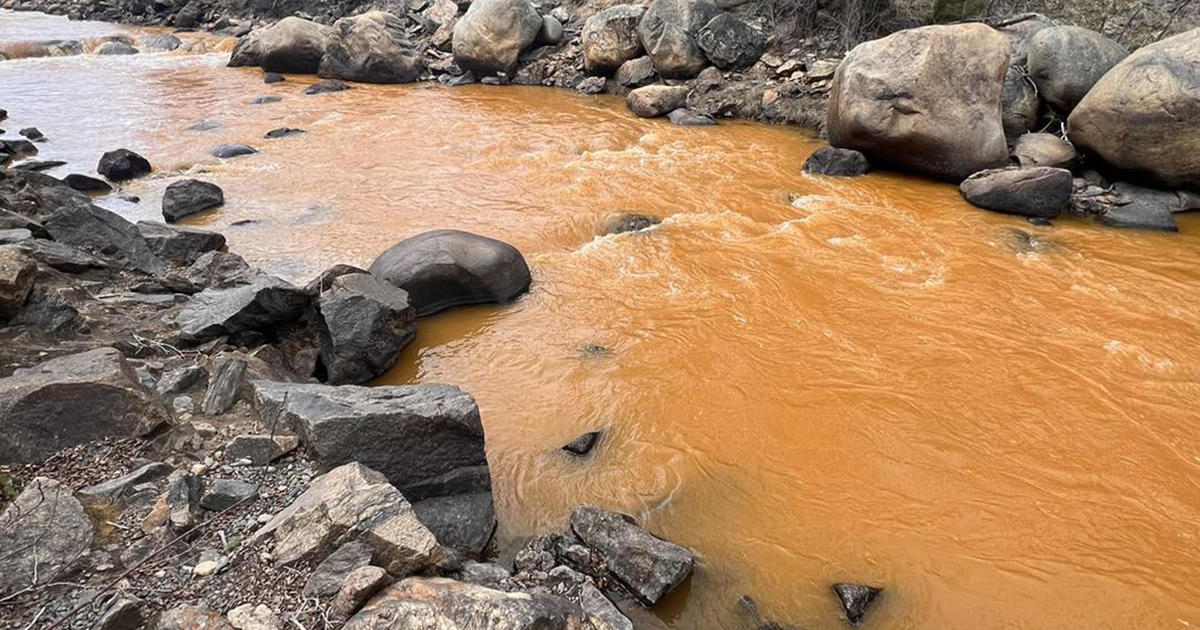Colorado AG: Home Hash Oil Production Is Illegal
DENVER (AP) - Marijuana may be legal in Colorado, but extracting the drug's high-potency oil at home is not, the state's attorney general said Tuesday, fueling a debate about how to punish hash-oil producers who have caused a rise in fiery explosions this year.
John Suthers said the dangerous process of creating marijuana's intoxicating oil in crude, home-based laboratories is not covered under the measure known as Amendment 64, which was approved by voters in 2012 and allows recreational marijuana for adults over 21.
"Colorado is experiencing a real public safety issue as a result of unsafe and unlicensed manufacturing and production," Suthers said in a statement. Hash oil is typically made by packing the castoff leaves and stems of pot plants into a pipe and pouring highly flammable butane through it. The concoction is heated to make the potent oil for far cheaper than it can be bought in stores.
Devotees say one or two drops of the golden mixture can produce a more euphoric high than an entire joint, and it can be baked into food or vaporized. But without proper ventilation, butane fumes can linger. Just a spark of static electricity can ignite a room.
Suthers said the state's pot law allows for "reasonable and safe use of marijuana, so to decriminalize dangerous and unreasonable behavior in which people are getting hurt and houses are blowing up defies the intent of the voters."
He filed a court brief in response to a western Colorado man's contention that Mesa County prosecutors improperly charged him with crimes for manufacturing hash oil after an explosion injured him and damaged his home. An attorney for Eugene Christenson argued in a court filing that hash oil production is legal under a portion of the new law allowing the processing of marijuana plants. Court records show Christenson was also charged with arson and reckless endangerment.
But Suthers' said hash oil extraction is an exception.
Colorado marijuana businesses are allowed to manufacture hash oil using butane, but with strict rules. Home cooks, however, often use their own, legally grown plants to affordably make hash oil in their kitchens or garages.
As a result, the state saw a rise in explosions, mostly on private property.
As of Tuesday, firefighters had already responded to at least 32 butane hash oil explosions, nearly three times the number reported throughout all of 2013, according to the Rocky Mountain high intensity drug trafficking Area, which recently started tallying cases. At least 30 people have been injured in the blasts.
Yet law enforcement officials have grappled with how to respond, given the questionable legality of the process. Some prosecutors have been charging individual hash-oil creators with felonies, while others have not pursued criminal charges at all.
Mason Tvert, the pro-marijuana activist who helped push legalization in Colorado, said Tuesday he would not oppose reasonable restrictions to keep people safe and that the law should allow localities to put them in place. Denver's City Council in November passed new rules restricting hash oil production.
- By Sadie Gurman, AP Writer
(© Copyright 2014 The Associated Press. All Rights Reserved. This material may not be published, broadcast, rewritten or redistributed.)



